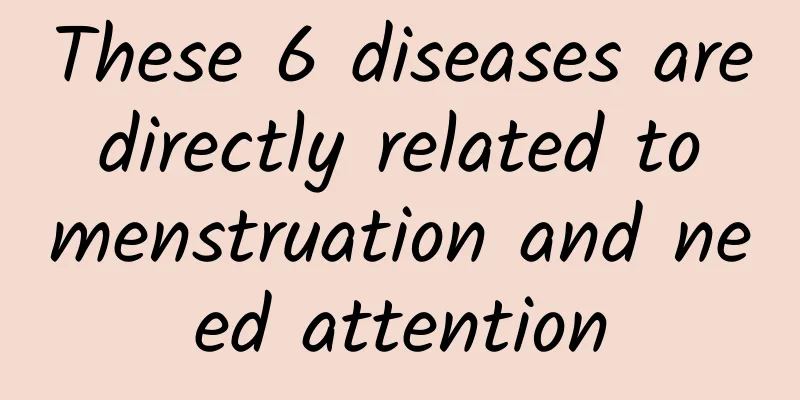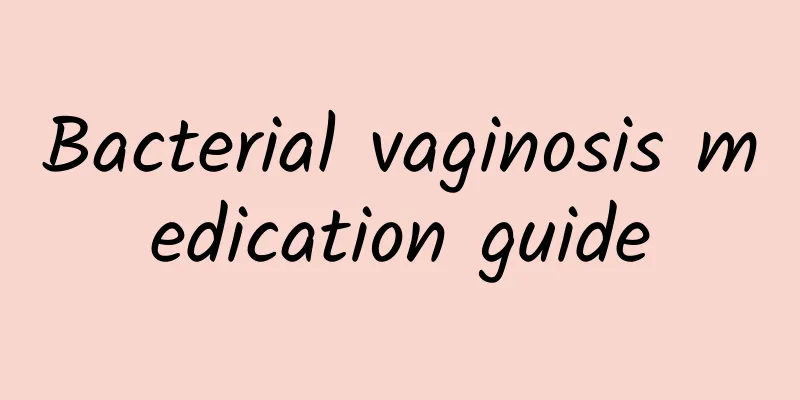Is it normal to have menopause before 40?

|
Menopause refers to the decline of ovarian function in women and the cessation of menstruation, which is more common in women aged 45 to 55. Menopause can be divided into natural menopause and artificial menopause. Natural menopause refers to the exhaustion of ovarian follicles, or the remaining follicles have lost their response to gonadotropins, the follicles no longer develop and secrete estrogen, and cannot stimulate the growth of the endometrium, leading to menopause. Artificial menopause refers to surgical removal of both ovaries or other methods to stop ovarian function, such as radiotherapy and chemotherapy. Menstrual disorders: the most common and prominent manifestation of menopausal women. Menstruation is often delayed, even once every few months, and the menstrual flow gradually decreases. When estrogen becomes less and less and can no longer cause changes in the endometrium, menstruation stops, which is called menopause. Hot flashes: one of the main characteristics of menopause. Some women will have bouts of fever, blushing, sweating, dizziness, and palpitations during menopause due to the decrease in estrogen levels and blood calcium levels. The duration varies from one to two minutes or 12 to 15 minutes. The body functions of women in menopause begin to decline, and even their nerves and spirits begin to deteriorate. Nervous and mental disorders: some women have obvious fluctuations in blood pressure, and may have emotional instability, irritability, personality changes, memory loss, etc. Cardiovascular and lipid metabolism disorders: coronary heart disease and diabetes may occur. Degeneration of the motor system: pain in the waist, back and limbs occurs, and some women develop frozen shoulder and cervical spondylosis. Through the above introduction, I hope that female friends will have a correct understanding of menopause, especially when they reach menopause, the amount of menstrual blood gradually becomes less, which is a normal phenomenon. Patients should not worry too much. As long as they take good care of food, clothing, housing and transportation in daily life, of course psychological care is also indispensable, menopause will not have too much impact on the body. |
<<: Signs of menopause in women
>>: How does menopause transition to menopause?
Recommend
Does it hurt when fibroids press on the uterus? What does it feel like when fibroids press on the uterus?
Does it hurt when fibroids press on the uterus? W...
Women who have menopause should pay attention to preventing ectopic pregnancy
The number of women experiencing ectopic pregnanc...
What are the symptoms of uterine fibroids? What are the prevention methods of uterine fibroids?
The early symptoms of uterine fibroids are very s...
Basic examination items for postmenopausal bleeding
Some patients with postmenopausal bleeding, espec...
Foods to avoid for those with congenital absence of vagina
What dietary restrictions do female patients with...
Is it okay to have an abortion in three months of pregnancy?
Pregnancy is a happy thing, but once it happens t...
Precautions after chocolate cyst surgery
After the operation of ovarian chocolate cyst, it...
Does ovarian cyst affect menstruation? What should I pay attention to in my life?
Will ovarian cysts affect menstruation? What shou...
Causes and symptoms of bacterial vaginosis
Bacterial vaginosis, as the name suggests, is an ...
Precautions for pregnant women suffering from vulvar itching
Does vulvar itching have any impact on pregnancy?...
What is the cost of treatment for endometrial thickening?
What does the cost of treating endometrial thickn...
What medicine is good for irregular menstruation? How effective is eating more loofah for irregular menstruation?
According to Chinese herbal medicine books, loofa...
What are the tests for congenital absence of vagina?
For women, physical health mainly depends on dail...
Abortion is not suitable for everyone
After an unexpected pregnancy, most people will c...
Does chronic cervicitis affect pregnancy? The three major hazards of chronic cervicitis in women
Chronic cervicitis is a common gynecological dise...









